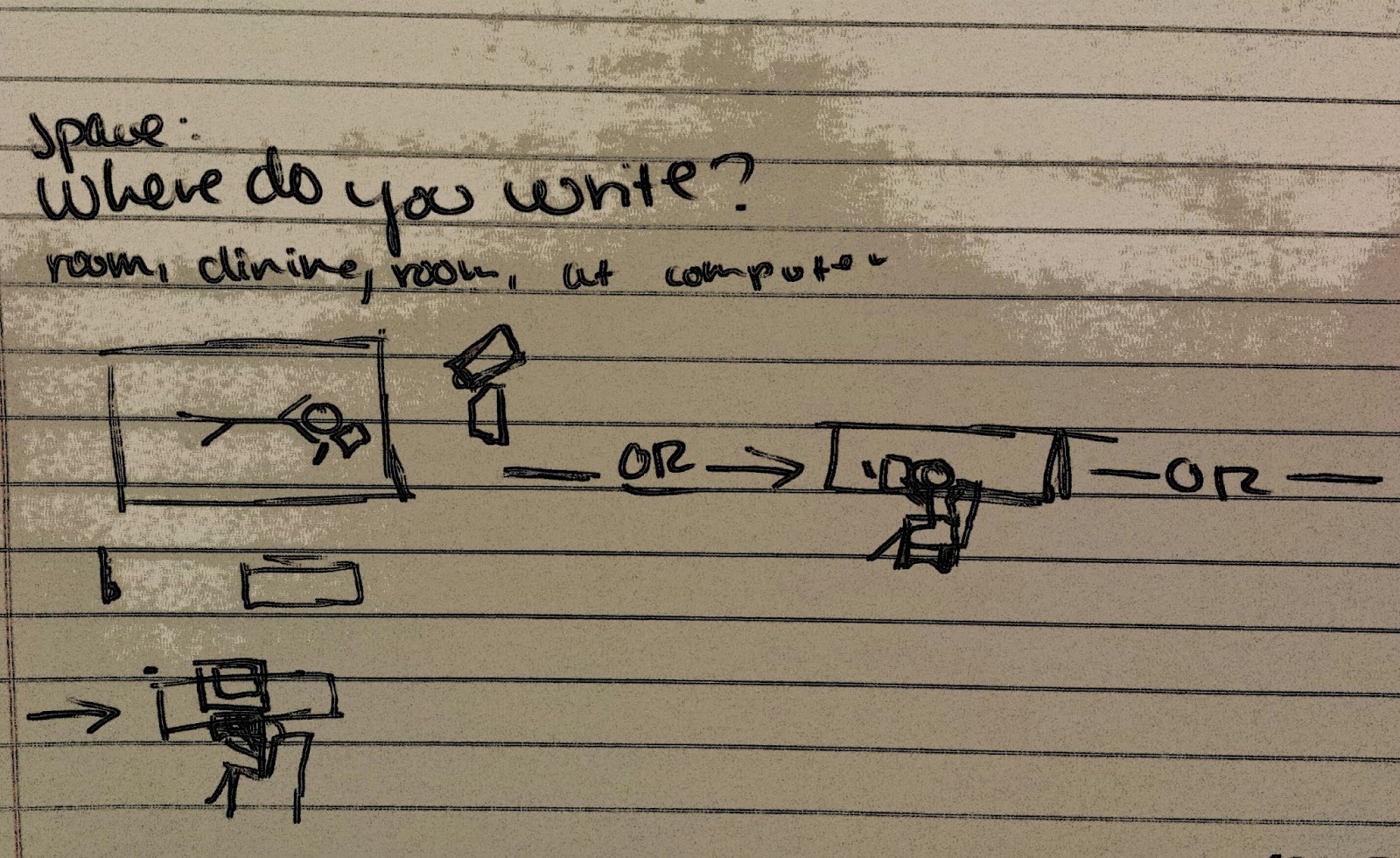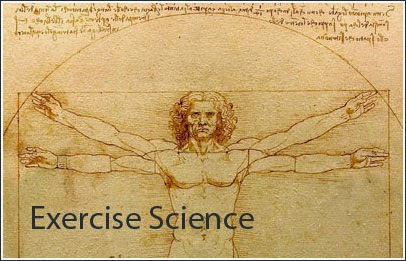"Letter From Birmingham Jail":
Martin Luther King Jr. is easily the most recognized and inspiring civil rights leader in the United States. He was a thoughtful speaker and writer, and his passion and ability to these things is the reason he is so renowned for his works. I had never thought about it before, but he did these things in a persuasive manner; his "Letter From Birmingham Jail" which is linked above is often analyzed in English courses, such as the one I am in now, to observe how to write persuasively in a graceful manner.
Basically, this letter was written by King while he was in jail for performing nonviolent acts against segregation in the city of Birmingham. A few clergymen wrote an article regarding these acts which was displayed in the newspaper, so King decided to write this letter as a response refuting their claims of his acts being "unwise and untimely." He claimed the exact opposite: his actions were very wise and very timely. He calmly discusses is reasons for being there, compares himself to the other clergymen, points out the things that were not carried out as part of agreements made with the people of Birmingham on their part, and tries to connect with the audience on a more emotional level as well.
The persuasive use of ethos, pathos, and logos is identifiable throughout the piece of writing. Going off topic a bit, I couldn't help but make connections between King and Hitler. They were both persuasive, trying to convince groups of people to do things for certain reasons, but approached these methods differently, one aiming for peace between people and the other for hatred towards groups of people. In circumstances such as the Holocaust where people were being persuaded to blame use others as scapegoats, valid evidence was not presented. We discussed this in class and it is worth thinking about. If the German people had understood what needed to make up a substantial argument, they may not have been persuaded as easily and who knows, the Holocaust could have possibly been prevented.
Overall, I think King's messages are very applicable to today's society, but I feel as though what is commonly discriminated against and abused in our society as a social norm has shifted. Yes, recently there have been issues regarding police officers and teenage African Americans, such as what happened with Zimmerman and Trayvon Martin or in Ferguson.
However, nowadays the media alters the truth and, in all reality, it is impossible to know what the people involved were really thinking. People don't take to these instances lightly: individuals are either on one side or the other, and one could say that in itself creates more boundaries between us.
I would love to believe that we can live in a world where wars and bullying and discrimination don't happen. But, I do not believe this is at all realistic. There will always be someone who thinks less of someone else for whatever reason, or has some bias towards a group of people. Until every country is an equal mix of people of all races, genders, sexual affiliations, cultures, backgrounds, beliefs, etc., this is not even a remote possibility for society. The United States is more diverse than any other country as far as I know, and we still have many many problems with these types of issues.
We are beginning to emphasize the importance of individuality more than ever, though. This is causing people to become more comfortable in expressing this individuality, and in turn creating more to be discriminated against. For example, just a few decades ago people would almost never admit to being homosexual. It wasn't remotely socially acceptable. Since racism became less of an issue and people became more accepting, or so it seems, I think people believed that there would be more of a chance for other things to become accepted as well.
Discrimination against homosexuals is like the new racism. It isn't legal for people of the same gender to get married in many states, so if that isn't history repeating itself then I don't know what is. This is America; people are people and everyone should be treated equally. That's what our country is about, right? The words that our country was built upon have never actually been fully enforced because there are always exceptions to that rule. Why is this even up for debate? People are people. We are all individuals, yes, but when it comes down to it we are still all alike, and we all deserve to be treated that way, no exceptions.
Animals should also be included in this because they are such a huge part of our lives, yet there is so much abuse and inhumanity going on constantly. Of course, more has come with technological advancements and a growth in population leading to mass production of food. The meat industry is absolutely unbelievable with its current methods.
Lives are lives, and living in a space that's too small or crowded, being fed remains of other animals, and being killed brutally is not really living. Think what you will about animals and whether they have feelings or not, but every person who has an animal in their life that matters to them should believe they do. Whenever debating with someone about this, I always say something like, 'How would you feel if that was you?' Almost always my response is similar to, 'But I am not an animal. The circumstances aren't the same. There is no comparison to be made because humans are simply superior.' Tell me this didn't used to be the common belief of practically every white person in the United States when comparing themselves to slaves and provide concrete, detailed evidence, please.
Taking this into account, Martin Luther King's words can be applied to anything and everything in some shape or form. There are areas I did not touch on such as women's rights and stereotyping, simply because I would go on forever if I could, but considering his words is worthwhile in facing our frequently changing society.
















